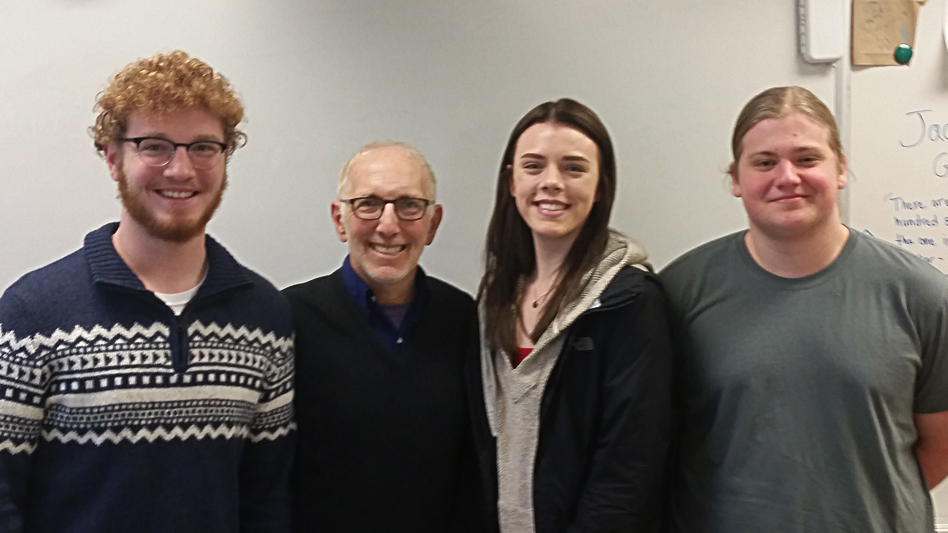Now more than ever, the subject of societal change is front and center. With the plethora of societal injustices in America, we are finding our voices to push for change. These voices are powerful. This is a truth that former Seattle City Councilman Nick Licata has built his life around. Licata retired from the Seattle City Council in 2015, having served for 18 years. In 2016, Licata released Becoming a Citizen Activist, a step-by-step guide on how to incite real change in America. Now, Licata tours the US—not to sell copies—but to discuss activism.
During his time on the city council, Licata started every meeting with a locally-written poem under three minutes and void of swearing. Licata is a firm believer in the separation of church and state, and he liked the idea of using poetry over prayer while accomplishing the same grounding and peaceful effect. He sought to launch people out of their routine into new avenues. In the monotony and routine of everyday life, it is easy to simply trot along, but innovation and ingenuity spring from thinking outside the box and looking at things with fresh and curious eyes.
For 20 years, Licata lived in a commune. “Every politician should live on a commune,” he joked. Although he says it with a smile, Licata is serious in his message. By living on a commune, Licata learned to communicate, listen, and respect people—skills he values deeply. Decisions on a commune don’t happen without consensus, so Licata learned how to accommodate people’s desires with a solution that worked for everyone. In today’s politically divided and contentious society, understanding everyone’s view is undervalued. However, listening to all sides of an issue is paramount to finding a solution. “In democracy, you have to tolerate a wide range of beliefs. And our biggest hurdle is cynicism,” said Licata. “You don’t compromise your beliefs when you listen to others.”
So, are living on communes and reading poetry all there is to making societal change? By no means. The skills of understanding others and looking for new solutions are important, but there are many more necessary skills needed to achieve change. Understanding how government works is critical to being a citizen, a citizen activist, or a politician. Timelines and plans are also essential to achieving goals, as well as understanding that it could take years to accomplish the plan. However, our country, state, cities, and counties are built so that we have a say in the laws that we follow. The tips and tricks for citizen activism are the same regardless of age. While many examples used in Becoming a Citizen Activist are from the big city, they apply everywhere—even a small town like Orcas. “The world is yours to shape… or it will shape you,” said Licata.
For more information about how to become a citizen activist, visit becomingacitizenactivist.org or pick up a copy of Becoming a Citizen Activist.

